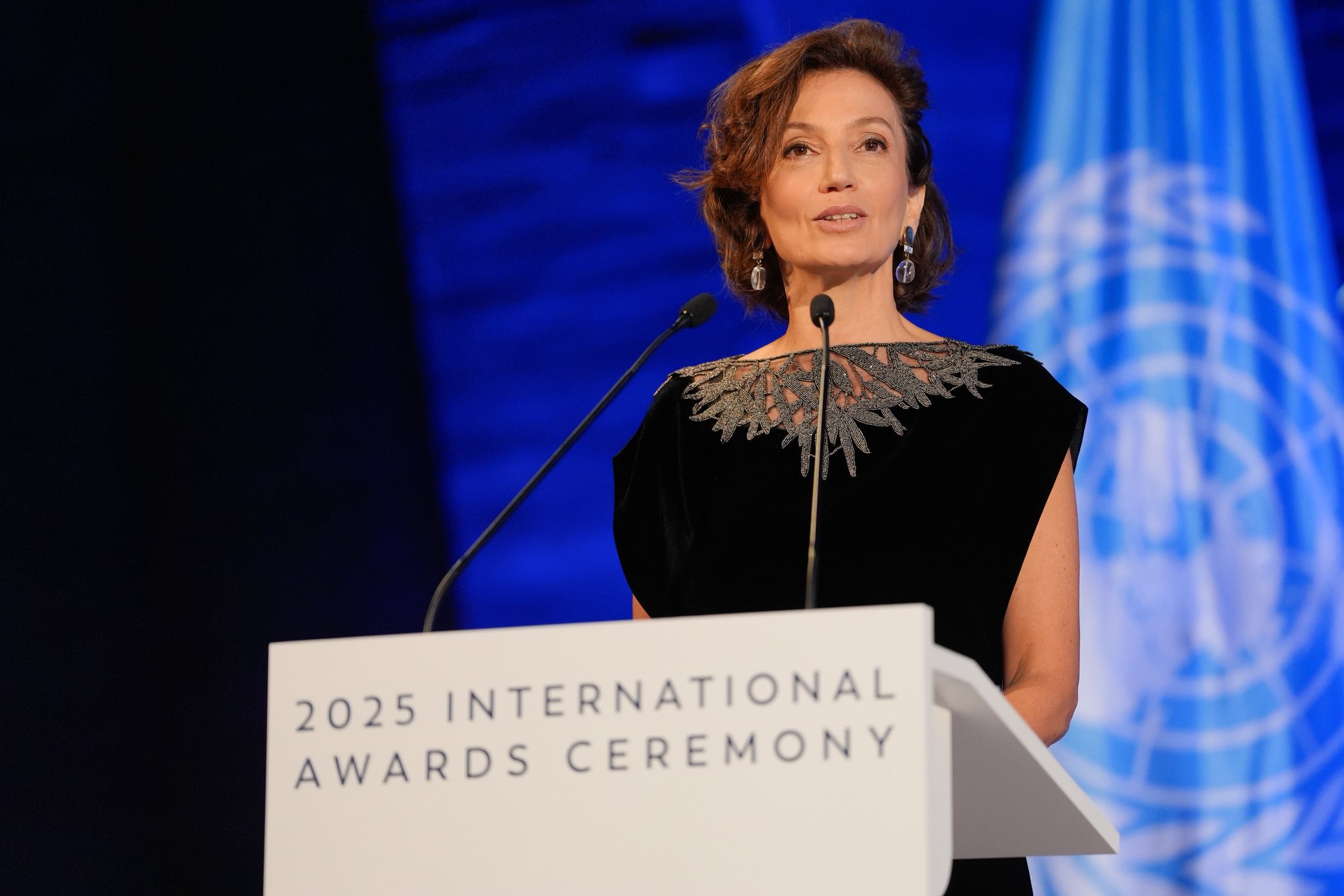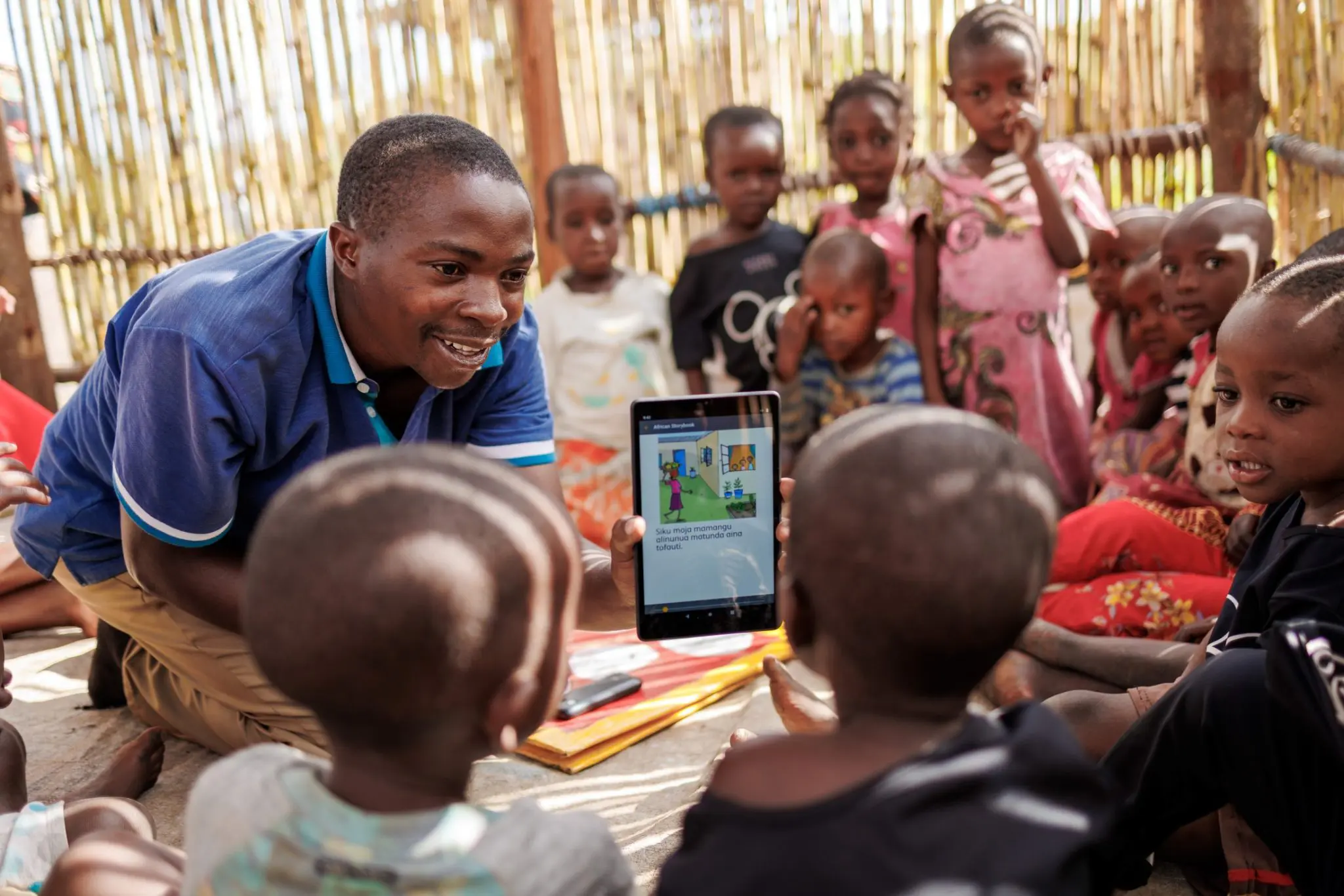This report provides a comprehensive overview of UNESCO’s guidelines on AI in education, addressing the user’s request for the “full report.” As no single document fully encapsulates all guidelines, this analysis synthesizes key UNESCO publications, focusing on their objectives, content, and impact. The information is drawn from UNESCO’s official website, UN news reports, and related sources, ensuring accuracy and relevance as of June 14, 2025.
Methodology
The analysis is based on web sources and X posts, including UNESCO’s official publications and announcements. Key documents were identified using the search query “UNESCO Artificial Intelligence in education guidelines full report,” with a focus on reports published between 2021 and 2025. The analysis covers the scope, content, and policy recommendations of each guideline, supplemented by broader context on UNESCO’s AI initiatives.
Key Findings
1. AI and Education: Guidance for Policy-Makers (2021)
- Overview: Published in 2021 within the framework of the Beijing Consensus on Artificial Intelligence and Education (2019), this document aims to foster readiness among education policymakers for AI integration. It provides a shared understanding of AI’s opportunities, challenges, and implications for core competencies in the AI era.
- Content:
- Opportunities: AI can address educational challenges by personalizing learning, automating administrative tasks, and enhancing access to education, particularly in underserved areas.
- Challenges: Risks include widening digital divides, data privacy concerns, and ethical issues like bias in AI algorithms.
- Policy Recommendations:
- Develop national AI strategies that prioritize inclusion and equity.
- Invest in teacher training to integrate AI tools effectively.
- Establish regulatory frameworks for data protection and ethical AI use.
- Promote public-private partnerships to enhance AI infrastructure.
- Core Competencies: Emphasizes digital literacy, critical thinking, and ethical awareness for students and teachers in the AI era.
- Significance: This guidance serves as a foundational document, offering policymakers a roadmap to harness AI’s potential while mitigating risks. It aligns with UNESCO’s human-centered approach, ensuring AI supports rather than replaces human educators.
- Access: Available on UNESCO’s digital library unesdoc.unesco.org under the title AI and Education: Guidance for Policy-Makers.
2. Guidance for Generative AI in Education and Research (2023)
- Overview: Launched on September 7, 2023, during UNESCO’s Digital Learning Week in Paris, this is the first global guidance specifically addressing generative AI (GenAI) in education. It responds to the rapid rise of tools like ChatGPT, which less than 10% of schools and universities had formal guidance for at the time, according to a UNESCO survey of over 450 institutions.
- Content:
- Assessment of Risks: GenAI poses risks to humanistic values, including human agency, inclusion, equity, gender equality, and linguistic/cultural diversity. Issues include factual errors, bias amplification, and potential misuse in educational settings.
- Key Steps for Regulation:
- Mandate data privacy protections for students and educators.
- Consider age limits for GenAI use to protect younger learners.
- Develop long-term policies to ensure ethical integration.
- Build human capacity through teacher training and student literacy programs.
- Practical Guidance:
- Immediate actions for schools, such as setting usage policies for GenAI tools.
- Long-term strategies for governments, including national AI education frameworks.
- Recommendations for researchers to ensure ethical AI applications.
- Significance: This guidance is critical due to the rapid adoption of GenAI, which can create content but also introduce errors and ethical dilemmas. It emphasizes a human-centered vision, ensuring AI enhances rather than undermines educational quality.
- Access: Available on UNESCO’s website and announced via X by @UNESCO on September 7, 2023 .
- Quote: Stefania Giannini, UNESCO’s Assistant Director-General for Education, stated, “Generative AI opens new horizons and challenges for education, but we urgently need to take action to ensure that new AI technologies are integrated into education on our terms.”
3. AI Competency Frameworks for Students and Teachers
- Overview: UNESCO is developing AI competency frameworks to equip students and teachers with skills to navigate AI safely and ethically. These frameworks were partially launched during Digital Learning Week (September 4-7, 2023) and are ongoing as of 2025.
- Content:
- Student Competencies:
- Understand AI’s potential and risks (e.g., bias, privacy issues).
- Use AI tools for brainstorming, research, and personalized learning.
- Develop critical thinking to evaluate AI-generated content.
- Teacher Competencies:
- Integrate AI into teaching to enhance pedagogy (e.g., tailoring content, automating tasks).
- Foster ethical AI use among students.
- Maintain human agency in education, ensuring AI supports rather than replaces educators.
- Examples: The frameworks cite cases like Solomon, a tenth-grader at the International School of Paris, who uses AI for brainstorming and research but needs guidance on ethical use.
- Student Competencies:
- Significance: These frameworks address the growing use of AI among students (over two-thirds of secondary students in high-income countries use AI regularly) and the need for teachers to adapt. They aim to ensure equitable access to AI skills, particularly in low-resource settings.
- Access: Partial frameworks are available on UNESCO’s website, with full versions expected in 2025 www.unesco.org.
4. Recommendation on the Ethics of Artificial Intelligence (2021)
- Overview: Adopted in November 2021 by all 194 UNESCO Member States, this is the first global standard on AI ethics, applicable to education among other sectors. It provides overarching principles that inform UNESCO’s education-specific guidelines.
- Content:
- Core Values: Human rights, dignity, transparency, fairness, and human oversight.
- Policy Action Areas:
- Data governance to protect privacy in educational AI tools.
- Gender equality to address biases in AI development.
- Education and research to promote ethical AI literacy.
- Ethical Guardrails: Ensures AI does not exacerbate inequalities, embed biases, or threaten human rights.
- Significance: This recommendation underpins UNESCO’s education guidelines, emphasizing a human-centered approach. It is particularly relevant for addressing ethical concerns in AI-driven education systems.
- Access: Available on UNESCO’s website www.unesco.org and referenced in education-specific reports.
Comparative Analysis
The following table summarizes UNESCO’s key AI in education guidelines:
| Document | Publication Year | Focus | Key Recommendations | Access |
|---|---|---|---|---|
| AI and Education: Guidance for Policy-Makers | 2021 | Policy readiness for AI in education | National AI strategies, teacher training, data protection, public-private partnerships | unesdoc.unesco.org |
| Guidance for Generative AI in Education | 2023 | Ethical use of generative AI in education and research | Data privacy, age limits, long-term policies, teacher capacity building | www.unesco.org |
| AI Competency Frameworks | 2023-2025 (ongoing) | Skills for students and teachers to navigate AI | Digital literacy, critical thinking, ethical AI use, teacher integration | www.unesco.org |
| Recommendation on Ethics of AI | 2021 | Global ethical standard for AI, including education | Human rights, transparency, fairness, data governance | www.unesco.org |
This table illustrates the complementary nature of UNESCO’s guidelines, covering policy, practice, and ethics.
Broader Context and Additional Insights
- Beijing Consensus (2019): The foundation for UNESCO’s AI in education work, emphasizing human-centered AI and equitable access. It led to the 2021 policy guidance.
- Digital Learning Week (2023): A key event where UNESCO launched GenAI guidance and competency frameworks, highlighting global policy gaps (e.g., only 10% of schools had AI policies).
- Regional Initiatives: UNESCO’s efforts in Africa, such as AI training in Rwanda and Kenya, align with its guidelines, emphasizing capacity building in low-resource settings.
- Challenges: A 2025 McKinsey report notes that only 5% of African AI developers have adequate computing power, highlighting infrastructure barriers that UNESCO’s guidelines aim to address through policy advocacy.
Expert Opinions and Future Outlook
- UNESCO’s Leadership: Stefania Giannini emphasized the urgency of integrating AI on “our terms,” prioritizing safety, inclusion, and quality.
- X Sentiment: An X post by @UNESCO on September 7, 2023, announced the GenAI guidance, stating, “We must ensure that #ArtificialIntelligence helps learners to boost their potential, not diminish it” . This reflects strong public engagement with UNESCO’s vision.
- Future Plans: UNESCO’s 2025 events, such as the “AI and the Future of Education” conference (September 2-5, 2025, Paris), will further refine these guidelines.
Conclusion
UNESCO’s AI in education guidelines, spanning multiple documents, provide a robust framework for ethical, inclusive, and human-centered AI integration. The AI and Education: Guidance for Policy-Makers (2021), Guidance for Generative AI in Education and Research (2023), AI competency frameworks, and the Recommendation on the Ethics of AI (2021) collectively address policy, practice, and ethical needs. These guidelines are accessible via UNESCO’s website and digital library, offering policymakers, educators, and stakeholders actionable steps to harness AI’s potential while mitigating risks. As AI continues to transform education, UNESCO’s ongoing work ensures it serves everyone, everywhere, equitably.
Key Citations
- Artificial Intelligence in Education, UNESCO
- Artificial Intelligence in Education: UNESCO Advances Key Competencies
- Guidance for Generative AI in Education and Research
- UNESCO Unveils New AI Roadmap for Classrooms
- Ethics of Artificial Intelligence, UNESCO
- UNESCO X Post on Generative AI Guidance
Notes





My programmer is trying to convince me to move to .net from PHP.
I have always disliked the idea because of the costs. But he’s tryiong none the less.
I’ve been using WordPress on various websites for about a
year and am anxious about switching to another platform. I have heard very good things
about blogengine.net. Is there a way I can transfer all my wordpress posts into it?
Any help would be greatly appreciated!
my web blog; burn peak weight loss reviews
Hi, I read your blogs like every week. Your
story-telling style is awesome, keep up the good work!
https://truepharm.org/ https://truepharm.org/
It is generally not recommended to take ephedrine and Viagra
together without consulting a healthcare professional.